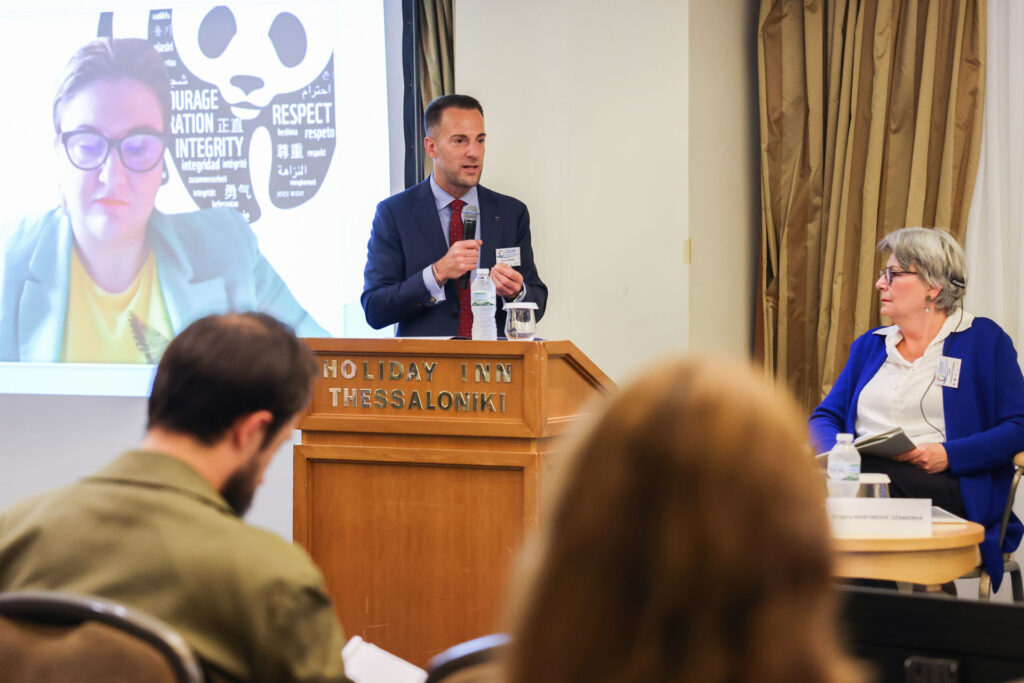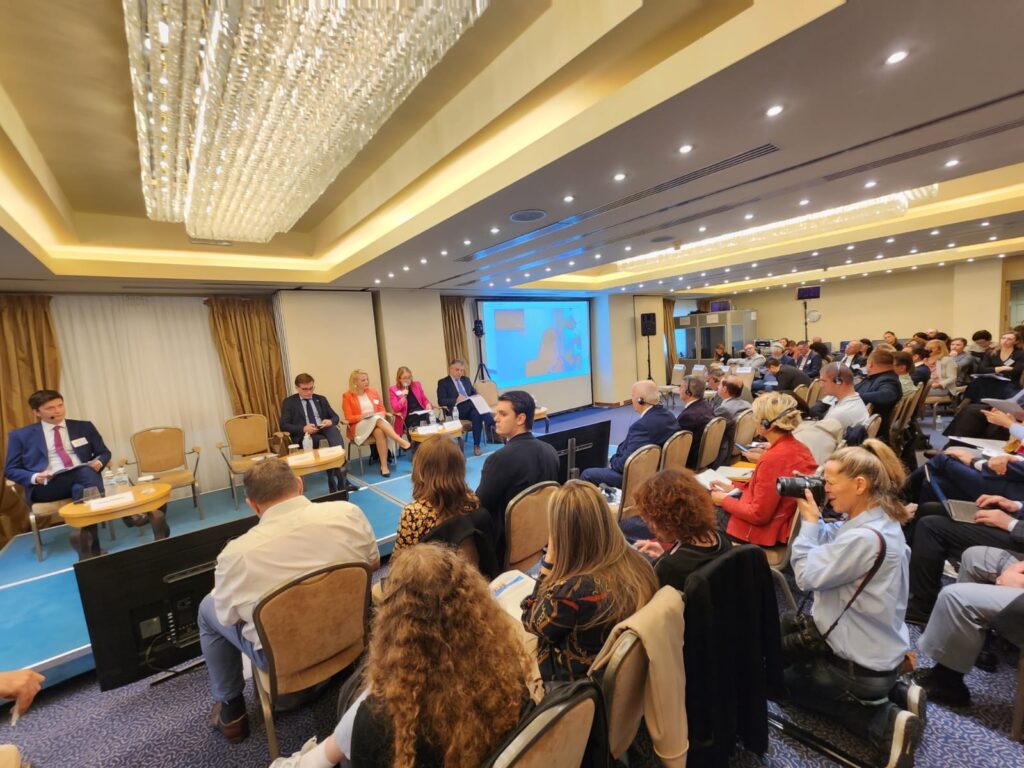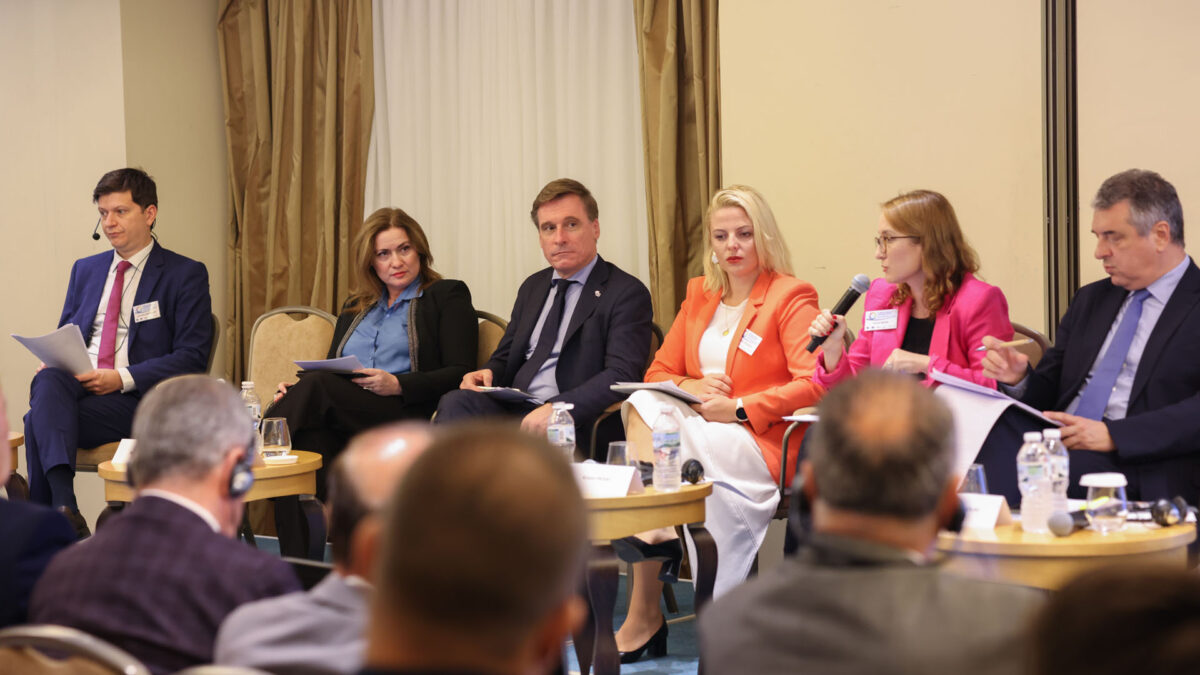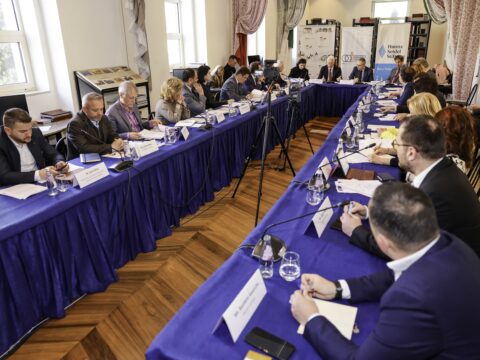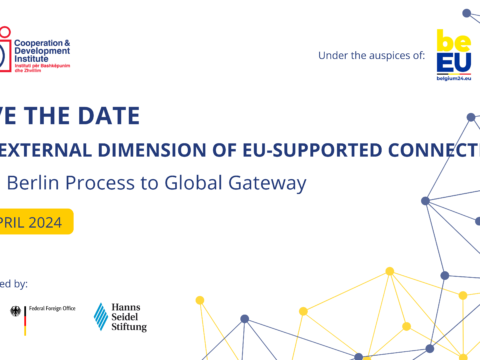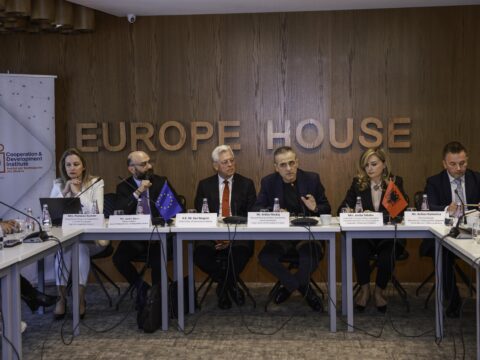01.11.2023
CDI at the 9th EESC Civil Society Forum in Thessaloniki

Further progress on Mobility Agreements in the Western Balkans under the Common Regional Market
October 26, 2023
MAIN TAKEAWAYS AND NEXT STEPS OF THE BERLIN PROCESS IN 2023
November 7, 2023On the 19th and 20th of October 2023, the 9th Western Balkans Civil Society Forum was organized by the European Economic and Social Committee (EESC) in Thessaloniki. This event took place after the 9th Edition of the Berlin Process Summit in Tirana and shortly before the European Commission’s Enlargement Package and the new Growth Plan.
The opening of the forum primarily centered on evaluating the relations between the EU and the Western Balkans, particularly in the context of the 2023 Enlargement package and ongoing democratic developments. Key topics of discussion included the impact of geopolitical changes on the Western Balkans and the EU’s enlargement policy, the challenges that the region encounters on its path to accession, the role of civil society, and ways to ensure civil society’s engagement in the EU integration process.
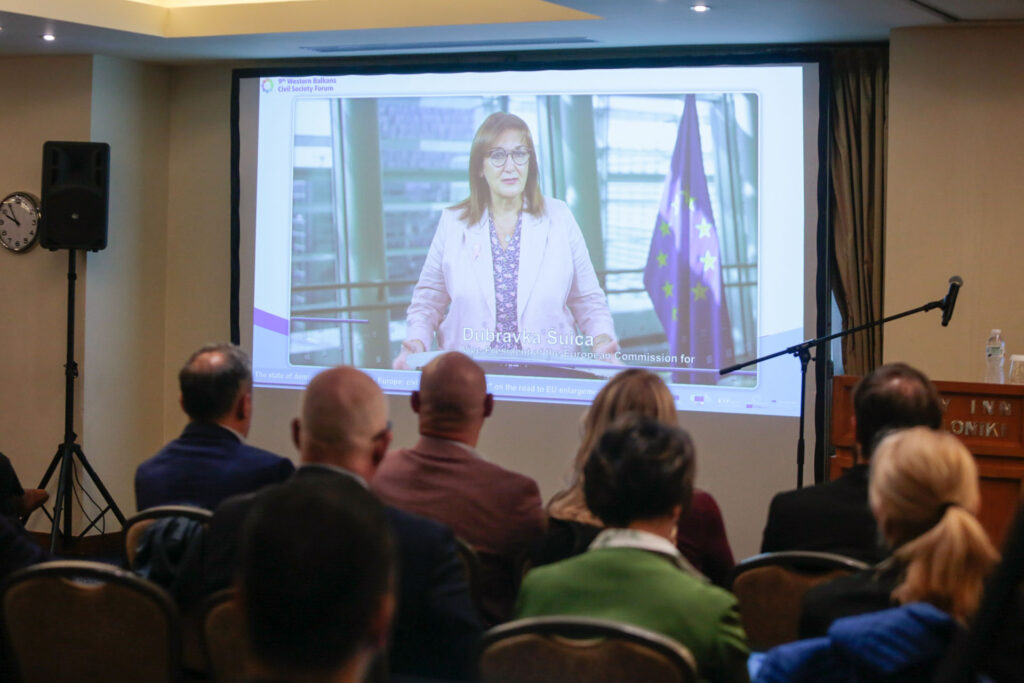
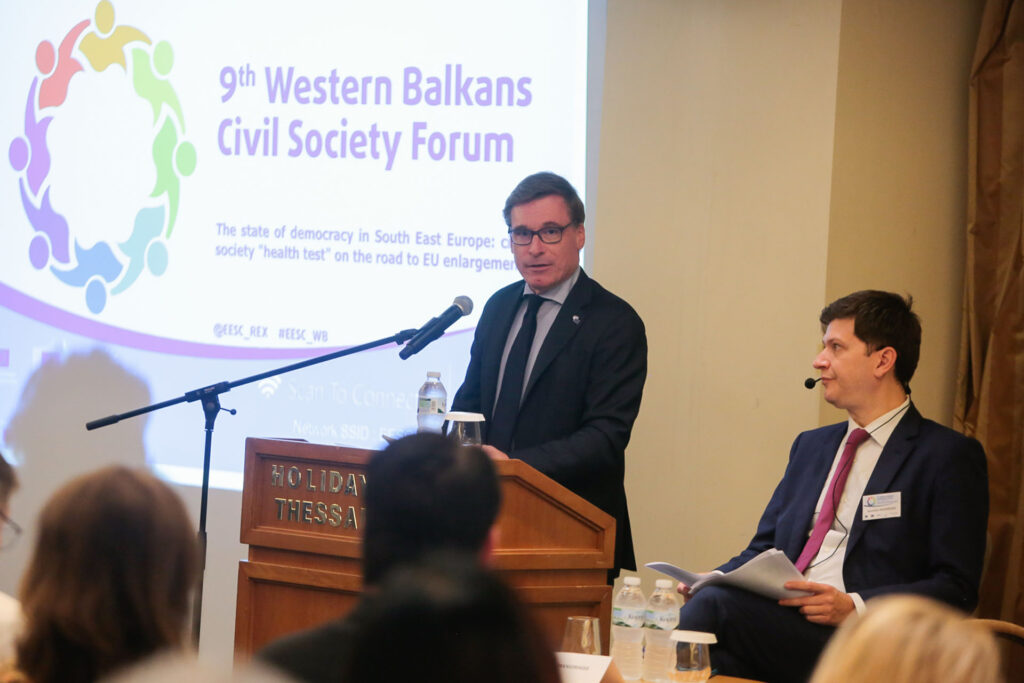
Mr. Oliver Röpke, the President of EESC, underlined the EESC’s role in EU enlargement and expressed a warm welcome to members from candidate countries, particularly the Western Balkans. He acknowledged their agency for the success of accession negotiations.
During the inaugural session, Ms. Krisela Hackaj, Executive Director of CDI, emphasized that 20 years after Thessaloniki summit and in the current geopolitical context, Enlargement project needs reframing, resourcing and reloading. She added that in the current situation Enlargement is not designed to achieve convergence and does not have the financial muscle for the development needs of our region. Ms. Hackaj underlined that “CDI strongly supports a development-based Enlargement, which allows to see the long-term strategic vision of the cohesion policy through an earlier access of Western Balkans region to EU Cohesion policies. To help the South-East Six catch up with Western Europe in terms of economic productivity and living standards, it is time to start including Cohesion in debates about the future of Enlargement”.
For more information refer to CDI’S publication: Frontloading Cohesion into EU Enlargement to Southeast Europe 6.
The second session of the Forum delved into the state of education, youth policies, and skills development in the Western Balkans. It highlighted the need for reforms in the education system, explored the reasons behind youth emigration, and discussed strategies for integrating young people into the labor market. The final session examined the roles of social partners and civil society organizations in implementing the Green Agenda for the Western Balkans and the SEE2030 Strategy.
A final declaration with recommendations from civil society organisations was adopted at the end of the event. The conclusions aim to guide the EESC work in the WB region, by aligning the perspectives of civil society groups from the Western Balkans and the EU on shared interests.
